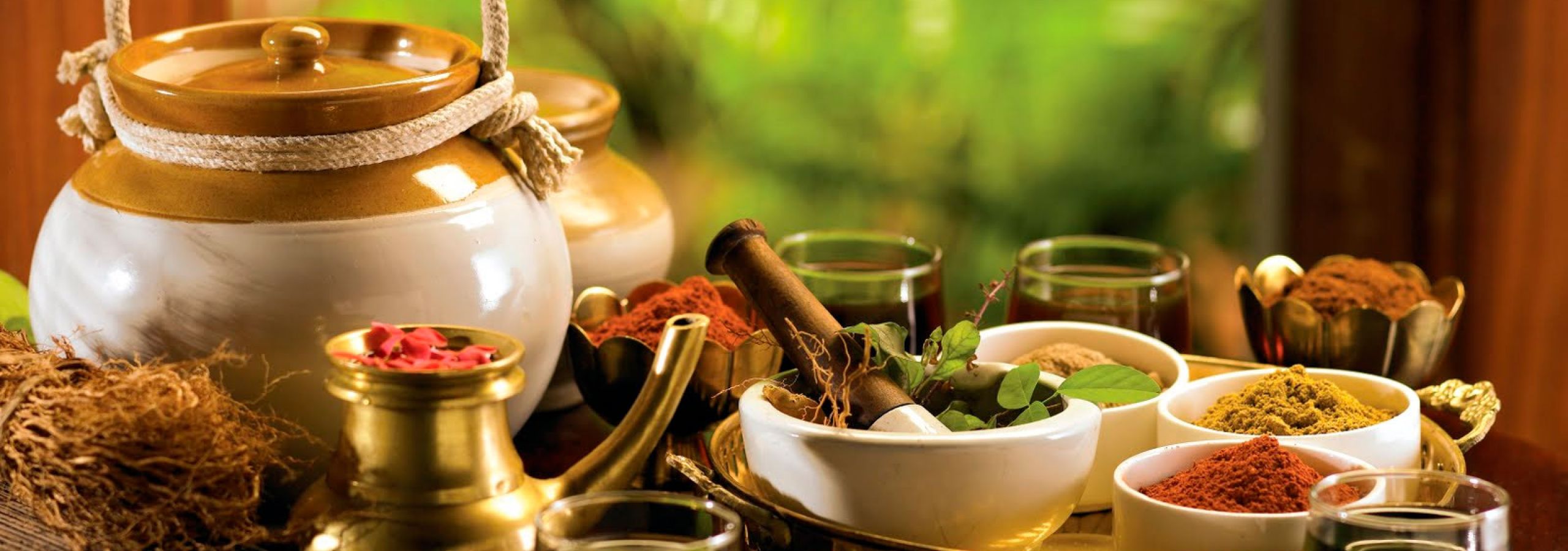
Ayurveda: the science of life
Ayurveda is the traditional medicine of India. Its name means knowledge or science of life, and has been practiced for approximately five thousand years. Unlike allopathy or conventional medicine, Ayurveda recognizes the elements that make the universe (ether, fire, air, water and earth) are present in the human being.
The predominance of two of these elements produces three types of human beings. When ether and air stand out, the constitution is called vata; when it’s fire and water, it’s called pitta, and when it’s water and earth, kapha.
Vata are thin and nervous; of quick thought and talk; the negative emotion that breaks their balance is fear. Pitta are athletic and choleric; of incisive or cutting thought and talk; the negative emotion that breaks their balance is anger. Kapha are robust and tranquil; of slow thought and talk; the negative emotion that breaks their balance is greed.
In turn, every constitution has three modes of expression: an inharmonic one (tamas), a hyperactive one (rajas) and a harmonic one (sattva). Of course, health is the harmonic or balanced expression of the constitution, at mental and bodily levels. The things which break sour balance are the negative emotions, but inadequate nourishment, negative habits and sudden environmental changes.
Regarding nourishment, Ayurveda recommends that vata eat cooked food and avoid legumes with the exception of mungo bean, tofu and lentils, and firmly rejecting stimulants (coffee, black tea). The pitta should eat sweet food as well as avoid salty and spicy meals. Kapha should eat spicy and acidic food; stimulants are favorable for them.
Ayurveda highlights that the most unbalancing habit for any constitution is deficient sleep, therefore it’s suggested an all-out daily routine or din charya. Stand out instructions include rising as early as possible in the morning, showering or bathing with warm water in cool days and cool water on warm days, washing hands and mouth before every meal, fasting or semi-fasting once a week, the consumption of fresh and freshly cooked food, lying down after the main meal, getting a massage at least once every fortnight, dining frugally and going to bed before 10:00 p.m.
We’re not only subjected to changes in the environment; our body’s also altered by aging. In infancy, kapha predominates. In adulthood, pitta and vata in old age. On the other hand, vata augments in winter time and the consumption of nutritious food is advised, and taking into account the accumulation of kapha, which is why one should keep their body heat. In spring time, the kapha excess gets blended, which causes allergies and fatigue. In the summer, heat weakens the fire of digestion and pita gets accumulated again, so one should remain calm. In autumn, vata gets accumulated again and the fire of digestion gets even weaker, which is why one should nourish it with warm food.
Written by Ravi Chandra



